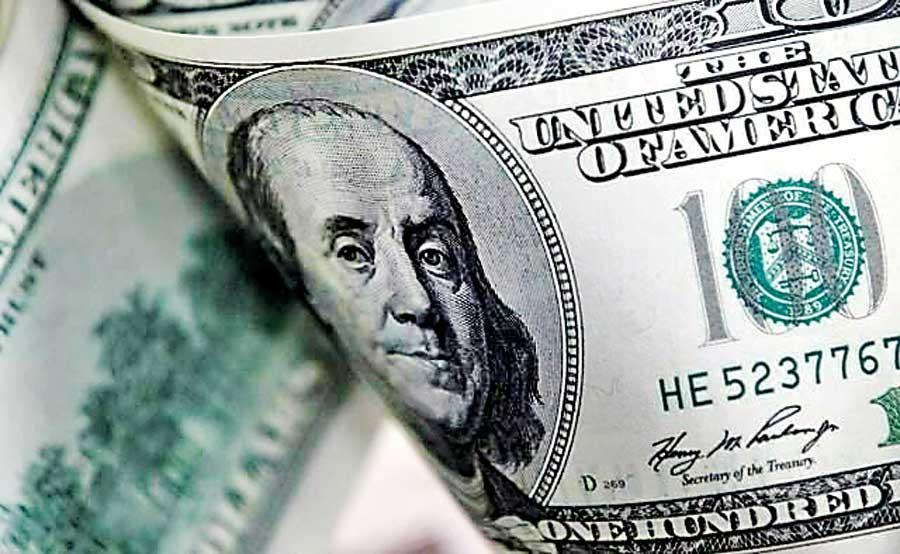Reply To:
Name - Reply Comment

Gross official reserve assets of Central Bank reached the highest levels in more than three years in March as authorities managed to rebuild the country’s foreign currency buffer to US$ 4,951 million, up from US$ 4,520 million a month ago.
This gradual recoup was possible mainly from the dual inflows from both remittances and tourism, both of which have reached pre-pandemic levels in a largely normalised economy. Sri Lanka’s economy was beset by repeated crises for five years from Easter attacks in 2019 through the two year-year long pandemic to the economic crisis triggered by the shortage of foreign currency in 2022 and 2023.
The languishing inflows from remittances and the near decimation of the tourism trade caused the country to run out of its foreign currency reserves early in March 2022, triggering the worst currency crisis
The languishing inflows from remittances and the near decimation of the tourism trade caused the country to run out of its foreign currency reserves early in March 2022, triggering the worst currency crisis precipitated into the highest inflationary spiral and total chaos in society and politics. Now that the two key inflows which together churn out about US$ 12.5 billion or more in a typical year has been restored and supported by the breathing space received from the suspending of most foreign currency debt, officials are in a better position to rebuild its foreign currency reserves from a level which was at a near zero levels back in 2022 March.
The last time the country had exceeded the current level of reserves was back in December 2020 (at US$ 5,665.1 million) when it was in the middle of a pandemic.
Modest tourism prospects and growing remittances also weakened from the second half of 2021 due to higher premiums offered by the informal channels, and also from the misleading information by certain parties with vested interests.
The two inflows have helped the Sri Lankan economy to emerge out of the crisis and reach normality.
These stronger inflows also helped officials to collect US$ 245.3 million and US$ 239.5 million on a net basis in January and February respectively from the banking sector to beef up its reserves. This also helped the Central Bank to contain the appreciation of the rupee seen thus far during this year to 8.0 percent. In a joint statement, exporters last week expressed their serious concerns about the rupee appreciation, as they face the risk of losing competitiveness in the global stage.
Sri Lankan rupee has gained 20 percent of its value from the end of 2022 through last week to US$ 299.61 as the continued strength in foreign inflows and the debt standstill in place since April 2022 helped to mostly to fortify the external sector.